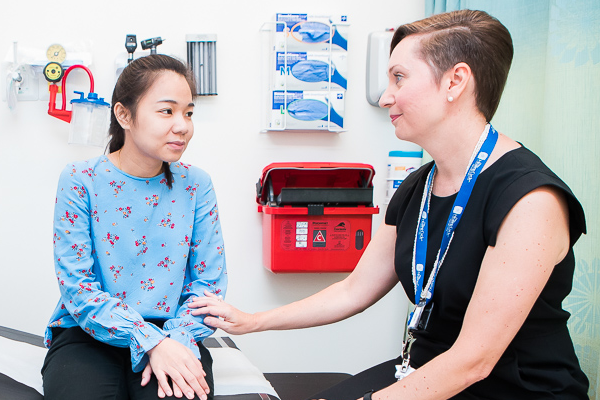Main Second Level Navigation
May 8, 2019
Chair's Column: Person-Centred Care Education: Putting the perspectives and experiences of our patients and families first
About Us, Cardiology, Clinical Immunology & Allergy, Clinical Pharmacology & Toxicology, Division of Dermatology, Education, Emergency Medicine, Endocrinology & Metabolism, Faculty, Gastroenterology & Hepatology, General Internal Medicine, Geriatric Medicine, Hematology, Infectious Diseases, Medical Oncology, Nephrology, Neurology, Occupational Medicine, Palliative Medicine, Physical Medicine & Rehabilitation, Quality & Innovation, Research, Respirology, Rheumatology


 When we sit down with our patients, we know it’s important for us to see them for who they are as people. We know that each person has a unique story and lived experience that brought them into our care. We know that they are more than a combination of symptoms or co-morbidities, and more than a diagnostic problem to be solved. We know this, and therefore we know that it’s important that we care for our patients, and not just their diseases. That it’s important to acknowledge and understand the social determinants that contributed to their health. But, in the midst of busy service schedules, tests and diagnoses, it is possible to lose sight of the person for whom we are caring.
When we sit down with our patients, we know it’s important for us to see them for who they are as people. We know that each person has a unique story and lived experience that brought them into our care. We know that they are more than a combination of symptoms or co-morbidities, and more than a diagnostic problem to be solved. We know this, and therefore we know that it’s important that we care for our patients, and not just their diseases. That it’s important to acknowledge and understand the social determinants that contributed to their health. But, in the midst of busy service schedules, tests and diagnoses, it is possible to lose sight of the person for whom we are caring. 